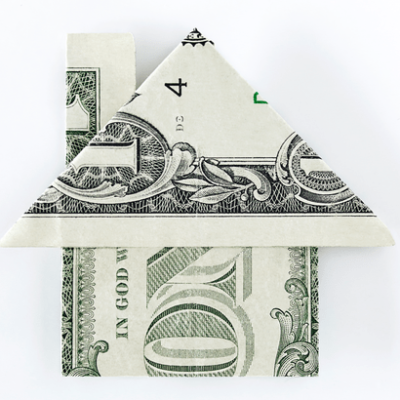by Sherri Kuhn

Is This A Good Financial Strategy For You?
Have you considered paying off your mortgage early? Being free and clear of mortgage debt is a dream of many homeowners, that is why some will turn to websites like https://www.towerloan.com/lending/personal-loans/ to get the help that they need to finally take out a massive chunk of that mortgage with the best rate.
When our parents – and grandparents – were growing up, many people lived in the first home they purchased for years, possibly the entire time they were raising a family. When the loan was paid in full, they could rest easy in their older years, knowing that they owned their home free and clear of obligations to the bank. Modern home ownership is a completely different ballgame, with most people refinancing their mortgage several times over the course of 30 years – and many people never even considering the possibility of paying off their loan. But when might it be a good idea to pay your mortgage off early?
The refinancing problem
When interest rates are dropping – sometimes hitting record lows – homeowners are often enticed by a lower monthly payment. Whether looking to lower their expenses or targeting the savings toward something else, there are many reasons why a refinance may be beneficial. But the twist is that each time you refinance if you keep the same loan term (often 30 years), you are continuing to spread the amount you owe over 30 years – again and again. If your ultimate goal is to pay off your loan entirely, each refinance to another 30-year loan sets you back.
Benefits of early payoff
It seems like a no-brainer – that if you have the cash available to pay off your mortgage loan early, you should do it. “Yes, there are benefits to paying off your loan early,” shares Susan Meitner, CEO of Centennial Lending Group, LLC, “the first, and most substantial, is you will pay less interest over the term of the loan. These savings can often be very significant. The second is the psychological benefit of not having a mortgage payment every month – owning your home outright,” she adds.
“If you are paying 5 percent interest on your mortgage and only making 2 percent on investment, it might be a good decision to pay down or pay off the mortgage,” says Peter Grabel of Luxury Mortgage. “You need to accurately determine the cost of your mortgage and the return on investments (after tax) to make an informed decision,” he adds.
Examine your reasons
Not everyone would feel the same sense of relief at having paid off his or her monthly mortgage for good. Grabel encourages people in this situation to carefully examine their reasons for wanting to pay off their mortgage early. “Ask yourself – would you rather have no money in the bank and no mortgage, or have money in the bank and have a mortgage?” Grabel suggests. “There is no right or wrong answer. Some people don’t like to have any debt, but having liquidity is important too,” he adds.
Are there any drawbacks?
Don’t just jump into paying off your mortgage loan without some serious consideration into your specific financial situation. Take a look at the details from Dustin Dimisa and see if they can help, speak to an advisor if you can. “The drawbacks to paying off a loan early would include losing the mortgage interest tax deduction,” shares Meitner. “Another drawback would be the inability to use the money the homeowner has used to pay off the loan to invest elsewhere, at a potentially more lucrative interest rate than the homeowner is saving on interest,” she shares. “If you may need cash to pay for kids to go to college or start a business, you might be very glad you have a mortgage and savings,” adds Grabel.
There may also be prepayment fees assessed by your mortgage lender, which may possibly outweigh the benefit. Meitner shares another reason why prepaying may not be the best choice. “For credit purposes, having a mortgage payment every month builds a better credit profile, especially for someone who does not have a lot of other creditors, making it easier to borrow money in the future,” she says. Along those lines, by giving up your mortgage, you may give up some of the cheapest money you will ever borrow – for good. Although if you are in a position where you need money, you could always consider a flexible title loan from a financial service like The Net Lender to keep your money situation afloat. “Once you pay back a mortgage, it may be impossible or expensive to borrow it again,” says Grabel. “I have seen borrowers pay off a mortgage only to call a year or two later saying they need cash. At that point they may no longer be qualified to borrow, and the interest is unlikely to qualify as deductible interest (per IRS Pub 936 – consult your accountant),” he adds.
How do you decide?
Grabel suggests that homeowners think long term when making this decision. “A bank will lock in your cost [rate] for 30 years,” he says. “You might not be earning 4 percent today, but can you make more than that on your investments over the long term?” he adds. “A mortgage is probably the cheapest money you will ever borrow, so if you have any other debt (credit cards, student loans) or anticipate needing money in the near future, you should probably not rush to pay back a mortgage,” he shares.
Consider your personal situation and investigate all of these angles before deciding to pay off your home mortgage early.








